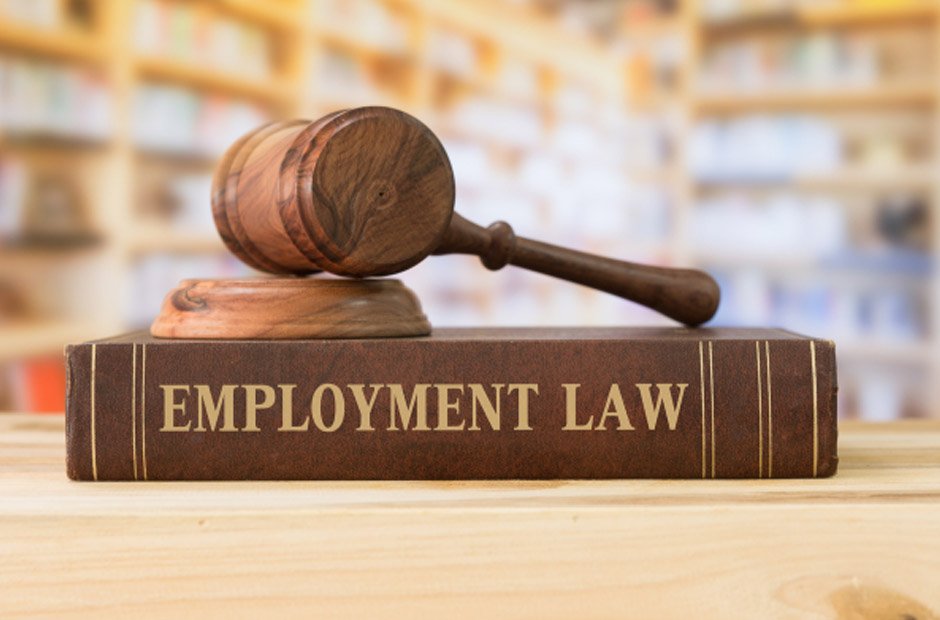
Employment disputes often arise in various workplace settings, creating an environment of tension and uncertainty for both employees and employers. Mediation and arbitration are two alternative dispute resolution mechanisms that can help address these conflicts effectively and efficiently. We will explore the pivotal role employment lawyers play in both processes, emphasizing their contributions to achieving favorable outcomes for their clients. By facilitating communication, providing legal support, and representing clients’ interests, employment lawyer irvine serves as an essential guide throughout mediation and arbitration, ensuring their client’s rights are protected and the resolution process is as smooth as possible.
Understanding Mediation and Arbitration
Mediation and arbitration are vital components of alternative dispute resolution (ADR) mechanisms, which are increasingly favored over traditional litigation due to their cost-effectiveness and efficiency. Mediation involves a neutral third party facilitating discussions between the conflicting parties, helping them reach a mutually agreeable solution. This collaborative process encourages open communication, allowing both sides to express their concerns and interests without fear of legal repercussions. Employment lawyers play a significant role in preparing clients for mediation by helping them articulate their positions clearly and effectively.
On the other hand, arbitration is a more formal process where an arbitrator acts as a private judge, listening to both sides and making a binding decision. Unlike mediation, arbitration typically involves presenting evidence and arguments in a structured manner. Employment lawyers represent their clients during arbitration, ensuring their legal rights are upheld, and the arbitration process is conducted fairly. By understanding the nuances of mediation and arbitration, employment lawyers can tailor their approaches to fit their client’s specific needs and circumstances, thereby increasing the chances of a favorable outcome.
The Importance of Legal Representation
The legal landscape surrounding employment disputes can be complex and daunting, making legal representation essential for employees and employers. Employment lawyers provide invaluable guidance by navigating the intricacies of the law, ensuring that their clients understand their rights and responsibilities throughout the mediation or arbitration process. They help clients prepare for proceedings by gathering relevant documentation, drafting necessary legal filings, and formulating effective case presentation strategies.
In mediation, employment lawyers assist their clients in identifying their goals and priorities, facilitating discussions with opposing parties, and negotiating settlement terms. They offer insights into the strengths and weaknesses of the case, empowering clients to make informed decisions. In arbitration, lawyers play a more direct role in advocating for their clients’ interests, presenting evidence, and cross-examining witnesses. The presence of an employment lawyer significantly enhances the likelihood of a positive resolution, as they ensure that all procedural rules are followed and that their clients’ voices are heard.
Enhancing Communication and Negotiation Skills
Effective communication and negotiation are vital skills in both mediation and arbitration. Employment lawyers are trained to navigate sensitive discussions and complex negotiations, often critical dispute resolution components. In mediation, lawyers encourage open dialogue and foster an environment conducive to constructive discussions. They facilitate the exchange of ideas and help clients articulate their concerns in a clear and persuasive manner. This not only aids in resolving but also helps maintain a professional relationship between the parties involved.
Effective communication becomes even more crucial during arbitration, as the process is more adversarial. Employment lawyers are adept at presenting arguments logically and succinctly, ensuring that the arbitrator understands their client’s position. They prepare comprehensive briefs, summarizing key facts and legal principles relevant to the case. Additionally, lawyers can manage the emotional dynamics of the arbitration setting, guiding their clients in remaining composed and focused on the key issues at hand. This ability to navigate emotional and factual elements significantly contributes to the overall effectiveness of the dispute resolution process.
Protecting Clients’ Rights and Interests
One of the primary responsibilities of employment lawyers in mediation and arbitration is to protect their client’s rights and interests throughout the dispute resolution process. In mediation, lawyers serve as advocates, ensuring their clients are not coerced into unfavorable agreements. They are trained to recognize potential red flags in proposed settlement terms and advise clients on the implications of various options. This advocacy is crucial, empowering clients to make choices that align with their long-term goals and needs.
In arbitration, the role of the employment lawyer becomes even more pronounced. Lawyers are responsible for presenting evidence, making legal arguments, and ensuring the arbitration process adheres to established rules and regulations. They scrutinize the arbitrator’s decisions and are prepared to challenge any procedural irregularities that could compromise their clients’ rights. By advocating vigorously for their clients, employment lawyers help ensure that the arbitration outcome is fair and just, addressing any concerns about bias or unfair treatment during the proceedings.
In employment disputes, mediation and arbitration present valuable alternatives to traditional litigation. Employment lawyers play a vital role in these processes, providing legal guidance, enhancing communication, and protecting their clients’ rights and interests. By understanding the intricacies of mediation and arbitration, employment lawyers can tailor their approaches to fit the unique needs of their clients. Their involvement significantly increases the likelihood of achieving favorable outcomes, ensuring conflicts are resolved efficiently and effectively. Ultimately, the contributions of employment lawyers in mediation and arbitration underscore their importance as advocates and guides in navigating the complexities of employment disputes.





